Руанда Ишема - кафе на месец Август

Представяме ви кафето на месец август-Руанда. Малка Източноафриканска страна разположена в сърцето на континента с много история и тежки моменти. Произвежда едно от най-впечатляващите специални кафета в света. Отглеждано изцяло от жени, защитаващи своите равни права в производството.
 Кафето е донесено в страната от немски колонисти през 1904 г. Въпреки това, комерсиалното производство се увеличава едва през 30-те години на миналия век, когато на власт е Белгийското колониално правителство. То е съсредоточено върху покриването на колкото се може повече площ за кафето, създавайки „капан с висока производителност и ниско качество“ за много производители в страната по това време. В продължение на много години Руанда е имала репутацията на страна с много нискокачествено кафе, а по време на икономическата криза през 80-те и последвалите политически сътресения след геноцида от 1994 г. производството е до голяма степен нестабилно.
Кафето е донесено в страната от немски колонисти през 1904 г. Въпреки това, комерсиалното производство се увеличава едва през 30-те години на миналия век, когато на власт е Белгийското колониално правителство. То е съсредоточено върху покриването на колкото се може повече площ за кафето, създавайки „капан с висока производителност и ниско качество“ за много производители в страната по това време. В продължение на много години Руанда е имала репутацията на страна с много нискокачествено кафе, а по време на икономическата криза през 80-те и последвалите политически сътресения след геноцида от 1994 г. производството е до голяма степен нестабилно.
Кафето расте на 1800 - 2200 м надморска височина като по-голямата част е от юг и запад, която е разделена на пет отделни производствени района. На северозапад се намира вулканичната зона на Вирунга, на запад-Киву. Придвижвайки се към центъра на страната, стигаме до района на Рийф Кизи. По-нататък на юг се намира Акагера , известен със сравнително ниската си височина (1300 м²). И накрая, но не на последно място, на изток е регионът на Мухази. Нашето кафе идва от северната провинция, район Гакенке
Руанда е известна като “земята на хиляди хълмове” и това се отразява и при кафето. Има широк спектър от вкусове, свързани с регионите, но дори и в един основен район може да се намерят големи разлики от склона до хълма.
Напълно измитите кафета, наричани още двойно измити, обикновено се обработват малко по-различно от познатите други кафета, защото се накисват във вода два пъти, по метод, обичаен в Африка, но не и в Латинска Америка.
Сезонът за бране на реколтата в Руанда може да продължи от март до август. Това винаги е възможно да се променя малко в зависимост от региона, времето и надморската височина, в която се отглежда кафето. Фермите обикновено са много малки, управлявани от семейства, които се грижат за растенията и сами избират черешите.

Нашето кафе идва от малка ферма, принадлежаща на жени. Целта на кооперацията е да им предложи равни възможности за заетост в Руанда. Историята на проекта "Ишема" започва през 2004 г. след откриване на Джой Тушабе, което показва, че жените не участва активно в производството на кафе и в цялата верига на добавената стойност. Преди пазарите и постъпленията от кафе са били използвани по преценка на мъжете. Ишема се намира на около 1372 метра надморска височина и е сгушена между три големи плодородни хълма над 1600 метра, които са идеални за производство на кафе. Джой e създала и работи в единствената кооперация в Руанда, която е в рамките на 50 км и осигурява заетост на 60 жени. Чрез непрекъснато обучение на служителите си, тя вярва, че Ишема може значително да подобри качеството на кафето си, като същевременно продължи да оказва пряко въздействие върху живота на работещите там.
"Жените могат да дойдат тук и да изкарат пари ... и да осигурят себе си и семействата си", казва Джой.
Чрез нейния предприемачески дух, визия и усърдни усилия, жените в цялата общност вече имат повече пари за храна и по-добри жилища за техните семейства, както и работна среда.
Вкусът е сладък с нотки на горски плодове и кайсия, с плътно тяло и ярка и комплексна киселинност. Послевкусът е изключително чист с нотки на захаросани плодове и карамел.
Нашето кафе от Руанда можете да поръчате : печно (тук) и сурово (тук)
Беше ли ви интересна информацията? Кое бихте желали да бъде следващото „Кафе на месеца“, което да ви представим? Споделете ни в социалните мрежи ( Instagram - @martinescaffe; Facebook – MARTINES CAFFE) или в коментари по-долу.

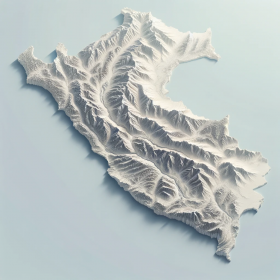
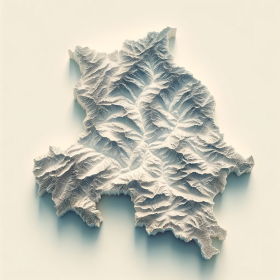
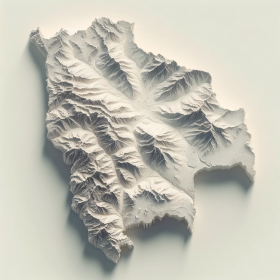
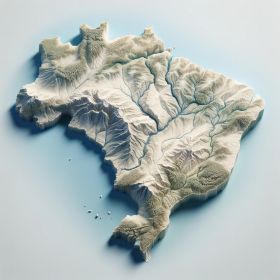
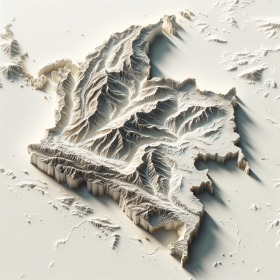
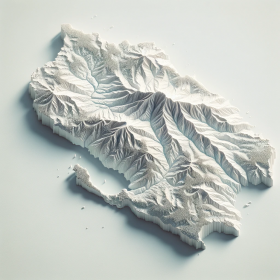
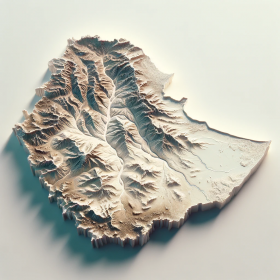

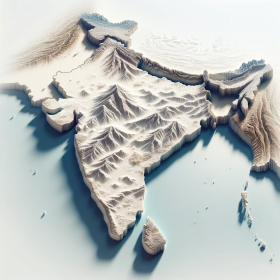
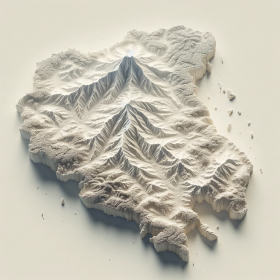
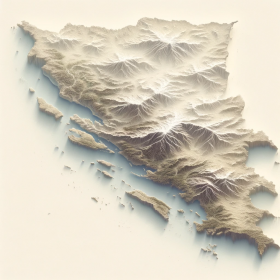
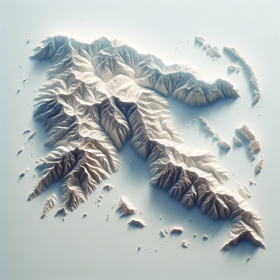
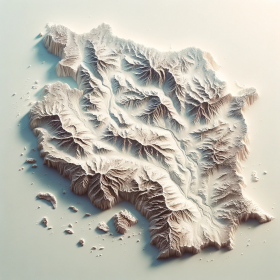
Оставете коментар